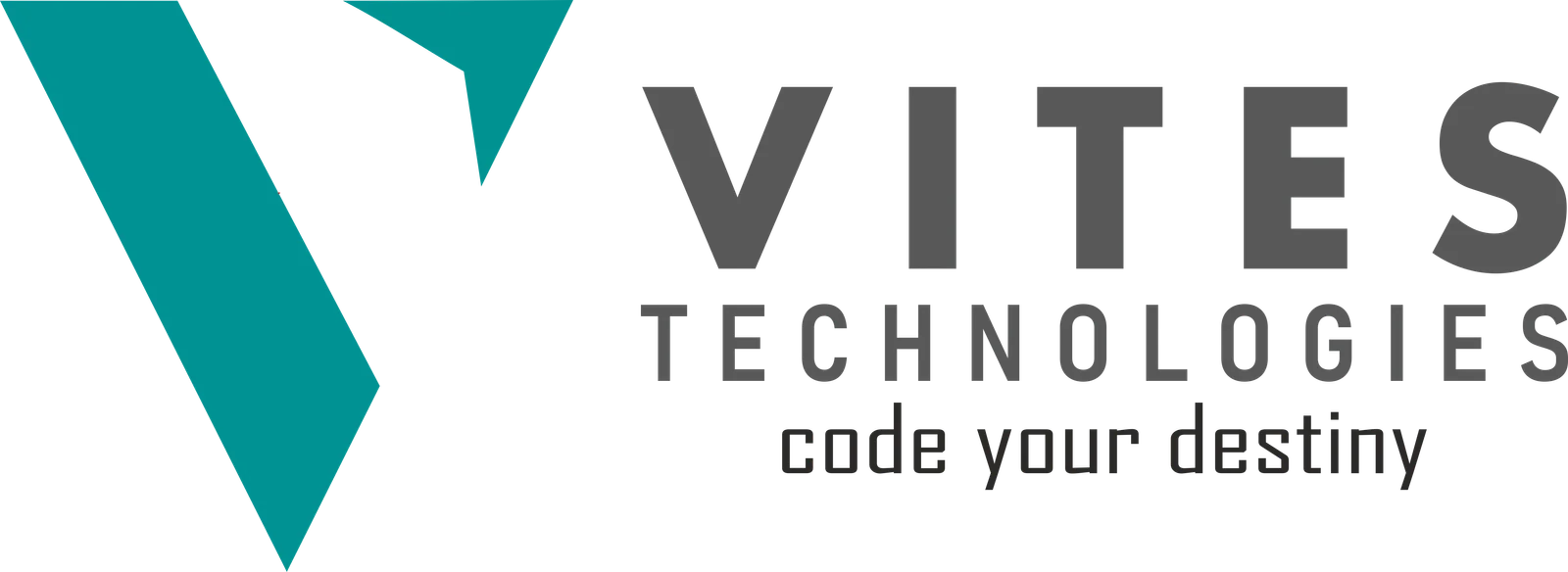Our MERN Stack course is meticulously designed to provide a comprehensive and practical journey through modern web development, focusing on mastering the MERN (MongoDB, Express.js, React.js, Node.js) stack. This course equips students with the essential skills and hands-on experience needed to build dynamic and responsive web applications using industry-standard tools and best practices.
Key highlights of our MERN Stack course include:
Comprehensive Coverage of MERN Stack Components: Students start by gaining a solid understanding of each component of the MERN stack:
- MongoDB: They learn to design and implement NoSQL databases, manage data using MongoDB, and integrate it seamlessly into backend systems.
- Express.js: Students delve into backend development with Express.js, mastering routing, middleware, and RESTful API design. They learn to build scalable and efficient server-side applications.
- React.js: The course covers frontend development using React.js, focusing on building interactive user interfaces (UIs) with reusable components, state management, and modern frontend development practices.
- Node.js: Students learn to use Node.js for server-side scripting, handling asynchronous operations, and integrating with Express.js to create robust backend systems.
Hands-on Project-Based Learning: Practical projects form a core part of the course, allowing students to apply their knowledge in real-world scenarios. They work on building full-stack web applications from scratch, implementing features such as user authentication, data manipulation, and real-time updates using WebSocket or other technologies.
Industry-Standard Tools and Practices: Throughout the course, students leverage industry-standard tools and development practices. They gain proficiency in using Git for version control, deploying applications using platforms like Heroku or AWS, and integrating third-party APIs to enhance application functionality.
Scalable Backend Development: The curriculum emphasizes designing scalable backend systems with Node.js and Express.js. Students learn to handle user requests efficiently, manage sessions and cookies, and implement security measures such as data validation and authentication.
Responsive and Interactive Frontend Development: With React.js, students learn to create responsive and engaging user interfaces. They explore state management techniques with Redux or Context API, implement routing with React Router, and integrate with backend APIs to fetch and update data dynamically.
Career Readiness: By the end of the course, students emerge with the skills and confidence to develop full-stack web applications independently. They are prepared to tackle challenges in today’s digital landscape, whether as frontend developers, backend engineers, full-stack developers, or technical consultants.
